General Blog Posts
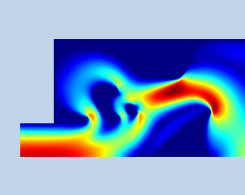
Performing a Shape and Topology Optimization of a Tesla Microvalve
1 Tesla microvalve model, 2 ways: The shape optimization features available in COMSOL Multiphysics enable you to improve simple designs inspired by more complex topology optimization results.
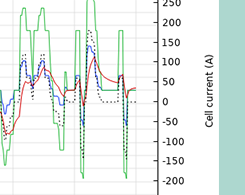
Estimating Parameters for a Li-Ion Battery via a Lumped Model
When performing an electrochemical analysis on a battery, an engineer might not have all of the information from the manufacturer. The solution? Parameter estimation via a lumped model…
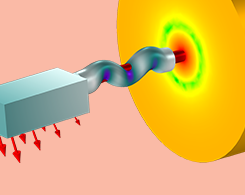
How to Use Solver Suggestions in Acoustics Modeling
When you model large, industry-scale acoustics, ever find it challenging to efficiently solve the problem with the hardware at hand? Enter the solver suggestions in COMSOL Multiphysics®.
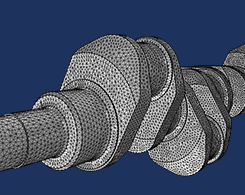
How to Refine and Adapt Imported Meshes
2 features for getting the most out of your imported meshes: 1. The Refine operation quickly reduces element size. 2. The Adapt operation modifies the element size via an expression.
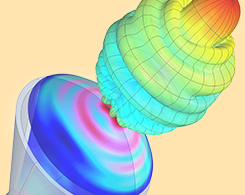
How to Produce 3D Far-Field Plots from 2D Axisymmetric RF Models
When modeling certain resonant structures, you can get the best of both worlds: 2D axisymmetry offers efficient computations while 3D far-field plots are available for postprocessing results.

Defeating Giant Movie Monsters Using Mathematical Modeling
The predator-prey equation can predict how we’d fare in a monster invasion, as well as real-world biology and ecology scenarios like shark overpopulation and tumor movement.

Samsung Amps Up Loudspeaker Designs with Simulation
Some organizations reach success and then shift the goal post. Take Samsung, for instance: Although they lead the market for televisions and smartphones, they set their eyes on another goal…

Recursion and Recursively Defined Geometry Objects
Broadband antennas and metamaterials are 2 fields of engineering in which recursively defined geometry objects are a useful modeling capability. Writing methods makes this task easier.
